September 29, 1994, was the final day of 7-year-old Nicholas Green’s life. But thanks to his parents’ brave decision to donate life, parts of him and his memory are still living today.
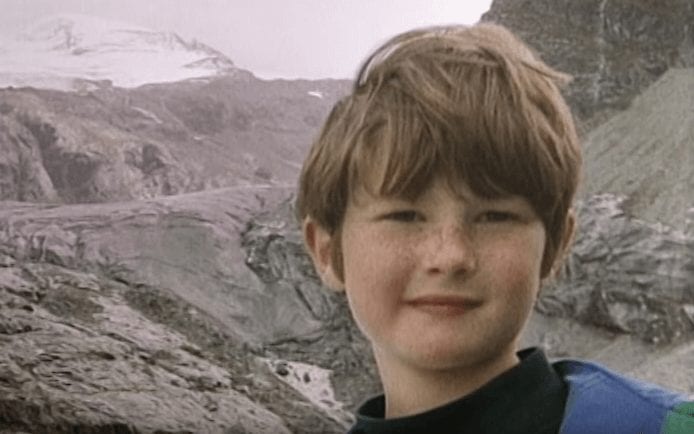 YouTube
YouTube
While on vacation in southern Italy, the Green family was approached by a dark car driven by two men. They pulled up alongside the family’s car when Reg and Maggie Green—Nicholas’ parents—heard loud, angry cries for them to stop the car.
“I thought if we did stop we would be completely at their mercy,” Reg says of the night his son was murdered. “So instead I accelerated. They did too, so the two cars raced alongside each other through the night. A bullet shattered the back window. Maggie turned around and both the children appeared to be fast asleep.”
Though his little sister Eleanor was, in fact, asleep, Nicholas had been shot in the back of the head. Seconds later, the driver’s window shattered, and the dark car sped off.
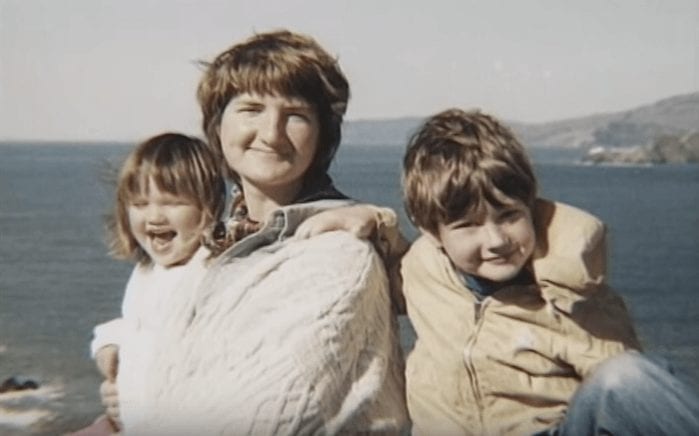 YouTube
YouTube
“I stopped the car and got out. The interior light came on but Nicholas didn’t move. I looked closer and saw his tongue was sticking out slightly and there was a trace of vomit on his chin,” says Reg. “For the first time we realized something terrible had happened. The shock of seeing him like that was the bleakest moment I’ve ever had.”
The Greens had come to Italy a family of four, and would tragically be leaving a family of three.
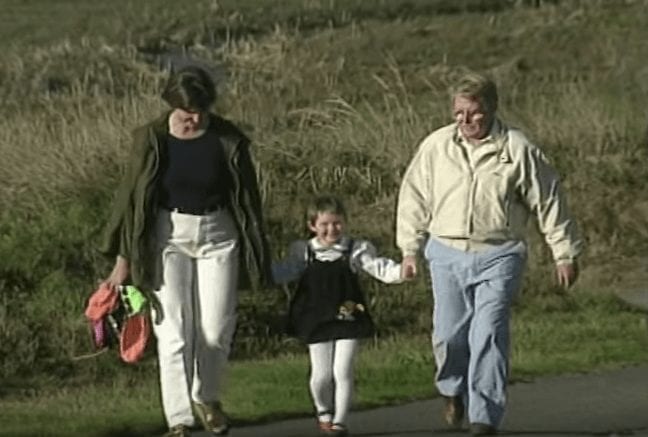 YouTube
YouTube
Nicholas Green died a hero—not because of what he did at the young age of seven, but because of what Reg and Maggie Green did before their son took his final breath. The couple had made the decision to donate Nicholas’ organs, which would change the lives of seven Italian families.
“At that point, these people were just abstractions. You had no idea what kind of people they were. It was like giving money to charity but you’ve no idea how it helps,” Reg explains. “Four months afterwards, we were invited to go back and meet them all in Sicily, where four of the recipients are from.”
- Andrea Mongiardo: Heart
- Francesco Mondello: Cornea
- Tino Motta: Kidney
- Anna Maria Di Ceglie: Kidney
- Maria Pia Pedala: Liver
- Domenica Galleta: Cornea
- Silvia Ciampi: Pancreas
Andrea Mongiardo, the recipient of Nicholas’ heart, died just last year in 2017. Though he stopped living 23 years ago, his parents’ brave decision gave Andrea another 23 years of life.
The death of Nicholas Green was no small matter for the Italian police, who launched a no-holds-barred investigation in which officials were determined to hunt down the killers. It resulted in the arrest and conviction of two men, Francesco Mesiano and Michele Iannello. To this day, it’s unclear whether the men were robber, or hitmen who gunned down the wrong car.
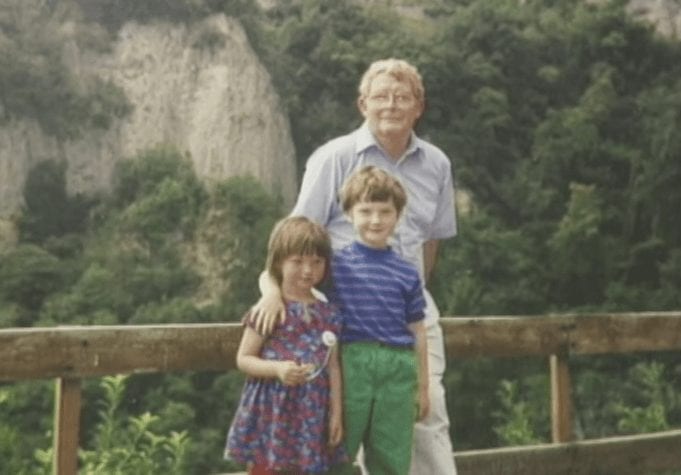 YouTube
YouTube
Reg says that the idea of an innocent child being shot while on holiday in the country made many Italians feel ashamed—and led them to embrace the idea of organ donation as a way of making amends.
It ignited l’effetto Nicholas—The Nicholas Effect—and the couples’ decision changed the way Italians handled death.
In 1993—the year before Nicholas was killed—6.2 people per million donated an organ. By 2006, that statistic had reached 20 per million.
Five years after Nicholas’ death, Italy moved to an opt-out system in 1999. This made it so that when someone dies, it is presumed they are willingly donating their organs unless previously specified otherwise.
“The work we have done to remind them of how much good could come out of this has had this quite astonishing effect which we couldn’t possibly have foreseen. A country that was almost at the bottom for organ donation in Europe could immediately move almost to the top. No other country has tripled organ donation.”
In addition to the remarkable rise in organ donation throughout the region, Italy has named more than 120 places in Nicholas’ honor including 50 squares and streets, 27 parks and gardens, 27 schools, and 16 other monuments including a lemon tree, a bridge, and an amphitheater. The United States is also home to many memorials of Nicholas Green.
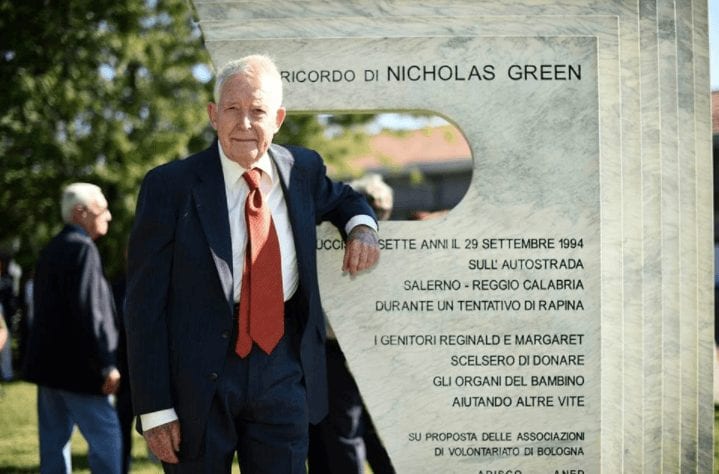 Washington Regional Transplant Community
Washington Regional Transplant Community
Reg says his son was incredibly kind, and even at just seven years old, he made others want to be kind as well. He believes Nicholas would have grown up to make the same decision that was made for him on that fateful day in 1994.
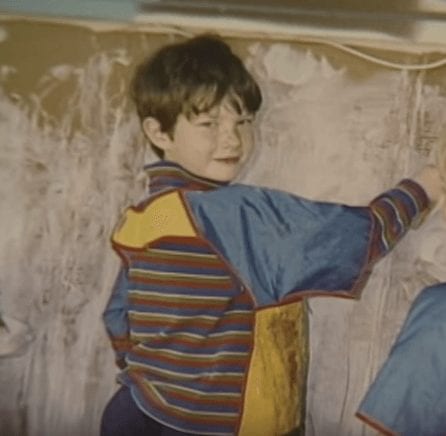 YouTube
YouTube
“If the choice was between being angry at the people who did it and wanting to help somebody else as the first priority, he would have undoubtedly chosen helping somebody out.”
As for the moment when the family met with those who had received Nicholas’ organs, Reg says nothing could have prepared them for the overwhelming experience. Through the tears and the joy of meeting six people who were given a second chance at life, Reg realized that organ donation went far beyond the six recipients.
“The parents and grandparents would have been devastated. You got the feeling there were many more people involved whose lives would have been much poorer if we hadn’t saved them.”
No parent should ever have to suffer the grief of losing a child.
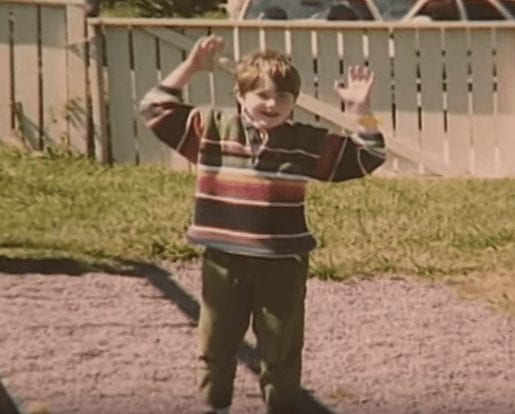 YouTube
YouTube
“There’s a sadness that was never there before. I’m never completely happy any more,” Reg says. “Even when I’m at my happiest, I think: ‘Wouldn’t it be better if Nicholas was here?'”
But the family knows that the death of their son has led to the Nicholas Effect, which has given life to millions of others. Reg finds new hope every time he reads his son’s story somewhere, knowing that there is someone hearing it for the first time. And through his story, someone else will make the decision to say “yes” to organ donation.
According to Donate Life, “95% of Americans are in favor of being a donor but only 54% are registered.” Help bridge that gap by registering to be an organ donor today.
Truck Driver Blows the Whistle on Sex Trafficking Scheme at Virginia Gas Station

